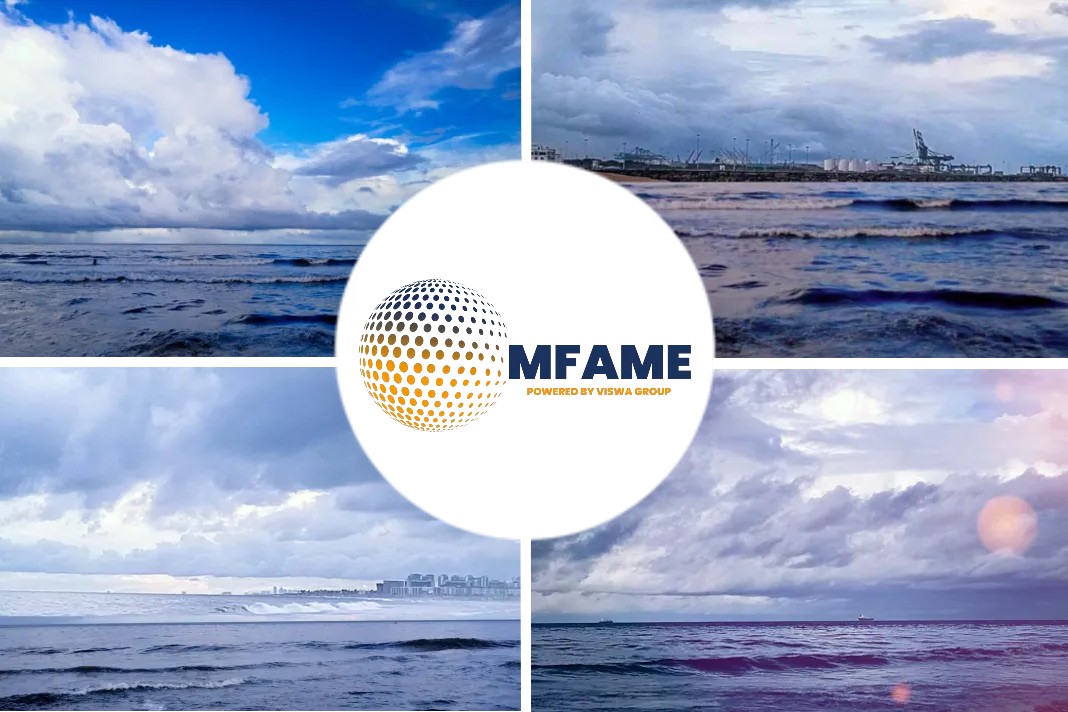Clean Arctic Alliance: Council must act to protect the Arctic from shipping impacts, says an article on Safety4sea.
To cut black carbon emissions
Ahead of this week’s Arctic Council gathering in Iceland, an international coalition of 22 non-profit organizations is calling on Arctic foreign ministers to demonstrate global leadership by agreeing to cut black carbon emissions from shipping and to take effective action on Arctic-wide elimination of heavy fuel oil.
As Dr. Sian Prior, Lead Advisor to the Clean Arctic Alliance noted: “This week’s Arctic Council Ministerial provides a unique opportunity for foreign ministers to demonstrate global leadership by committing to immediate reductions in black carbon emissions from shipping and rapid, Arctic-wide elimination of heavy fuel oil”.
By including this commitment in the Reykjavík Declaration expected on May 20, the Arctic Council foreign ministers can send a strong signal to the international shipping community that it must play its part in contributing to Arctic-wide efforts to reduce the impacts of short-lived climate forcers on the Arctic, and that the International Maritime Organization’s (IMO) ban on use and carriage of heavy fuel in the Arctic must be both strengthened and fully implemented when its Marine Environment Protection Committee meets in June.
What is more, the Clean Arctic Alliance is also calling on Arctic foreign ministers attending the Arctic Ministerial to commit to introducing measures to reduce black carbon emissions from shipping in their own Arctic waters, along with national bans on the use and carriage of HFO in the Arctic waters.
To remind you, Norway is already leading the way in getting HFO out of the Arctic, by extending an existing ban on HFO in the waters surrounding Svalbard, which will require the use of alternative, cleaner fuels and stop all HFO use and carriage in the area.
“If progress is to be made in dealing with the impact of shipping in the Arctic and protecting the remaining Arctic summer sea ice, Ministers from Iceland, the United States, Canada, Russia, Sweden, Finland, and the Kingdom of Denmark, must follow Norway’s example, and move faster and much more effectively than the IMO, rather than waiting until the end of the decade”.…Prior added.
IMO’s proposed Arctic HFO ban
As currently drafted, the IMO’s proposed Arctic HFO ban will not be fully effective until mid-2029, with black carbon emissions from ships likely to continue to grow in the meantime, and the risk of HFO spills will remain.
By switching vessels operating in the Arctic currently using HFO to readily available cleaner fuels or alternative forms of propulsion, black carbon emissions from Arctic shipping can be quickly reduced by around 30%. The use of diesel fuel along with the installation of particulate filters or precipitators, as prescribed for other forms of transport, can reduce emissions of black carbon by over 90%.
Meanwhile, current growth in Arctic shipping is likely to lead to an increase in HFO use and carriage in the Arctic between now and mid-2024 when the ban takes effect and further growth by mid-2029 when the loopholes will finally be closed. Under this regime, black carbon emissions are likely, for now, to continue to increase in the Arctic, Prior concluded.
Did you subscribe to our daily newsletter?
It’s Free! Click here to Subscribe!
Source: Safety4sea
















